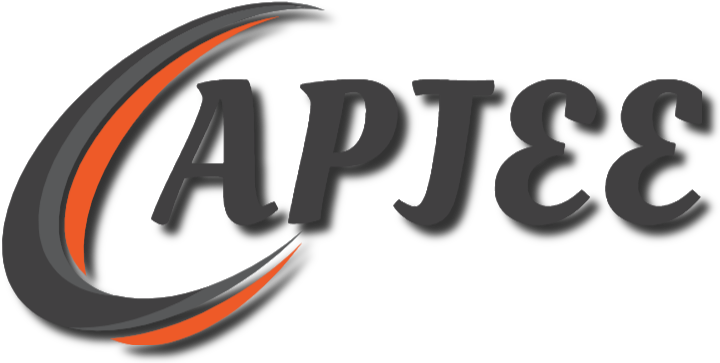Thermoplastic Polymer Compounding with ZnS Nanostructures: Innovations and Applications
DOI:
https://doi.org/10.18034/apjee.v7i2.756Keywords:
ZnS Nanostructures, Thermoplastic Polymers, Nanocomposites, Synthesis Optimization, Compounding Techniques, Enhanced Material PropertiesAbstract
This study investigates the compounding of thermoplastic polymers with ZnS nanostructures, focusing on innovative synthesis methods and applications. The principal objective was to enhance the mechanical, thermal, and electrical properties of thermoplastic polymers by incorporating well-characterized ZnS nanoparticles. Utilizing a chemical precipitation method, ZnS nanoparticles with controlled size and high purity were synthesized. Characterization techniques, including XRD, SEM, TEM, EDS, and FTIR, confirmed the crystalline structure and elemental composition of the nanoparticles. Three compounding techniques—melt blending, solution casting, and in-situ polymerization—were explored for integrating ZnS nanoparticles into thermoplastic matrices. Each method was optimized for uniform nanoparticle dispersion and strong interfacial bonding. The findings revealed that nanocomposites produced via these techniques exhibited significantly enhanced tensile strength, impact resistance, thermal stability, and electrical conductivity compared to pure thermoplastics. The study's implications extend to industrial applications in electronics, automotive components, aerospace parts, and advanced packaging materials. The environmental benefits, such as reduced material consumption and improved recyclability, along with potential economic savings, underscore the broader impact of these advanced materials. This research provides a solid foundation for future development of high-performance ZnS-thermoplastic nanocomposites, promoting innovation in material science and industrial applications.
Downloads
References
Pydipalli, R. (2018). Network-Based Approaches in Bioinformatics and Cheminformatics: Leveraging IT for Insights. ABC Journal of Advanced Research, 7(2), 139-150. https://doi.org/10.18034/abcjar.v7i2.743
Pydipalli, R., & Tejani, J. G. (2019). A Comparative Study of Rubber Polymerization Methods: Vulcanization vs. Thermoplastic Processing. Technology & Management Review, 4, 36-48. https://upright.pub/index.php/tmr/article/view/132
Richardson, N., Pydipalli, R., Maddula, S. S., Anumandla, S. K. R., & Vamsi Krishna Yarlagadda. (2019). Role-Based Access Control in SAS Programming: Enhancing Security and Authorization. International Journal of Reciprocal Symmetry and Theoretical Physics, 6, 31-42. https://upright.pub/index.php/ijrstp/article/view/133
Rodriguez, M., Tejani, J. G., Pydipalli, R., & Patel, B. (2018). Bioinformatics Algorithms for Molecular Docking: IT and Chemistry Synergy. Asia Pacific Journal of Energy and Environment, 5(2), 113-122. https://doi.org/10.18034/apjee.v5i2.742
Tejani, J. G. (2017). Thermoplastic Elastomers: Emerging Trends and Applications in Rubber Manufacturing. Global Disclosure of Economics and Business, 6(2), 133-144. https://doi.org/10.18034/gdeb.v6i2.737
Tejani, J. G. (2019). Innovative Approaches to Recycling Rubber Waste in the United States. ABC Research Alert, 7(3), 181–192. https://doi.org/10.18034/ra.v7i3.660
Tejani, J., Shah, R., Vaghela, H., Kukadiya, T., Pathan, A. A. (2018). Conditional Optimization of Displacement Synthesis for Pioneered ZnS Nanostructures. Journal of Nanotechnology & Advanced Materials, 6(1), 1-7. https://www.naturalspublishing.com/Article.asp?ArtcID=13193
Yarlagadda, V. K., & Pydipalli, R. (2018). Secure Programming with SAS: Mitigating Risks and Protecting Data Integrity. Engineering International, 6(2), 211–222. https://doi.org/10.18034/ei.v6i2.709
Downloads
Published
Issue
Section
License
Copyright (c) 2020 Charlotte Roberts

This work is licensed under a Creative Commons Attribution-NonCommercial 4.0 International License.









